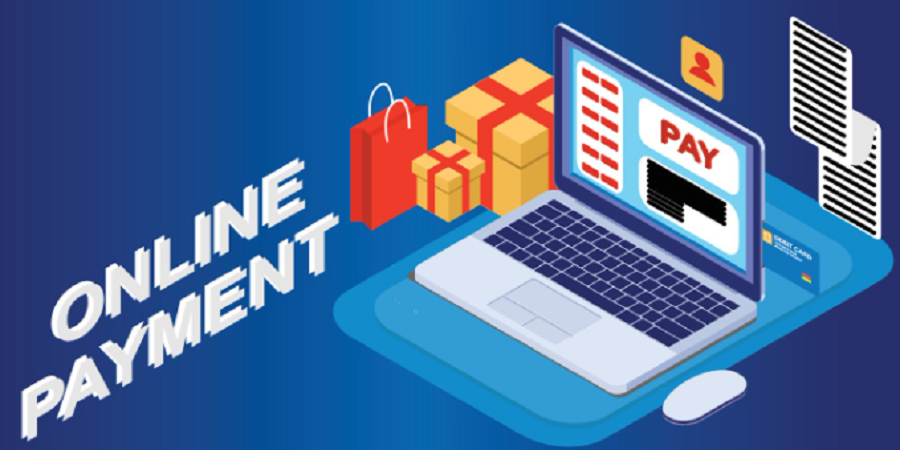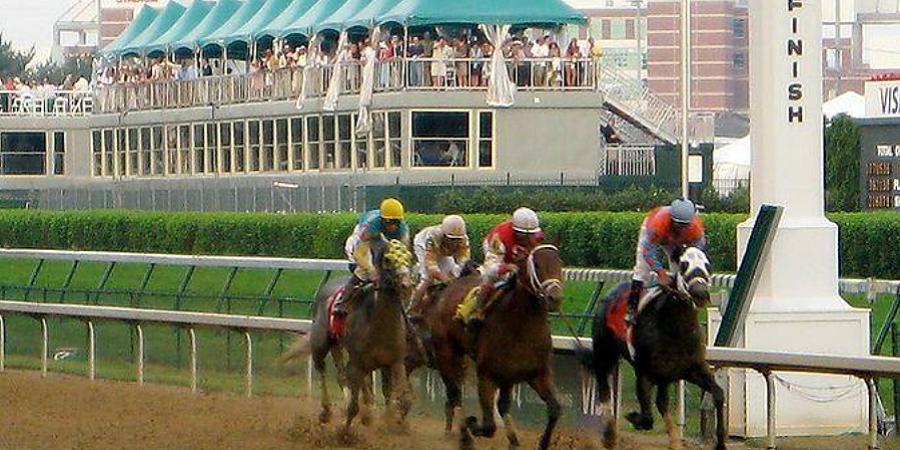Playing casino games from home is a hotter trend than ever, as the number of people doing this should reach nearly three hundred million by the end of the decade. However, many newbies are still determining if enjoying this hobby is safe and what credible sites supply this type of fun. We endeavor to explain that below.
Understanding the Importance of Licensing
When the Caribbean nation of Antigua and Barbuda, in 1994, became the first region on the planet to allow businesses to offer interactive gaming and betting services over the Web from its soil, it created a special division within its Financial Services Regulatory Commission to regulate this sector. Hence, even in the inception stages of this sphere, licensed companies were not just allowed to do as they pleased. They had to follow a specific list of requirements to gain approval to function in this industry, and they would get monitored if they followed the codes of conduct they agreed to. If they had not, then penalties would get levied on them.
The licensing process and oversight after it are now more stringent than ever in all markets, and when a gambler today sees that a platform has a regulatory badge in its footer, they can rest easy knowing that the site’s operator has gotten financially vetted for stability, and is adhering to the best industry practices established in online gambling. Moreover, this sign reassures those site’s users that they have someone to turn to in the case of a dispute. The resolution of issues they may have with a chosen operator is not left at the discretion of its staff.
The Necessary Security Measures
If a gambling website has a quality license, it will indeed have the chief online casino security measures that make it a safe place for remote gambling. By this, we are referring to things like high-end (usually SSL) data encryption, the availability of established payment methods, a server certificate, and account protection features like two-factor authentication. Most regulators mandate that all their licenses implement these, and the type of incorporated encryption and attained security certificate can be discovered by pressing the lock icon in one’s preferred browser.
Aside from these measures, many experienced players today also wish to see a selected hub list payment, betting, and login history. The latter is incredibly vital, as it pinpoints when and from where someone has accessed a gambling account, allowing its owners to easily spot foul play, such as someone using their site profile without authority to do so.
User Reviews as a Reputation Gauge
Non-tech-savvy game-of-chance enthusiasts who want to know if a brand that has caught their eye is a low-risk place to play can quickly discover this by reading online reviews. These analyses are invaluable for learning how an operator behaves towards its customer pool, as they provide insights from others’ experiences.
These public posts can also provide information regarding licensing, security measures, and legalities. For example, a hub has card gambling. Yet, a potential user may wonder – are home poker games legal in their state, even ones played remotely, given that no card rooms are allowed to operate in that person’s vicinity? In some US states, poker is not permitted anywhere. The same goes for casino games. Consequently, their online availability may create confusion since casual users are unlikely to understand how a website can offer these pastimes to residents of such regions.
Expert reviews on a dedicated site, not player ones, explain these nuances, covering every area imaginable of a gambling platform in depth so readers can make an educated choice about using it.
Fair Play and Game Integrity
Reviews can also teach gamblers about online casinos’ use of random number generators and if these outcome-determining algorithms get tested at specific sites. They list who does the fairness auditing and what is that agency’s sector standing. A quick list of three renowned organizations are eCOGRA, iTech Labs, and TST.
If such an entity works with a gaming brand long-term, its logo should be in the home page footer. Clicking on it should direct users to a PDF certificate stating that everything is up and up on that platform and when the last audit has run on its featured games.
Nowadays, many game providers are moving towards creating titles with provably fair mechanisms. This feature lets gamblers manually inspect the validity of a game’s resulting process, and it is especially popular in crypto circles.
Customer Support & a Dedication to Responsible Gambling
These are two other signs that signal that a casino is a secure place to wager, as it shows that it cares about its users. When a business goes the extra mile to keep customers happy, that shows a dedication towards building a long-term relationship. Online gambling operators do this via trained live chat agents, swift email aid, and robust FAQ pages.
On the responsible gambling front, a safe site will allow gamblers with impulse control issues to self-exclude, set deposit limits, and even activate reality checks that warn them they are betting too much. All these gambling tools can be used from inside a user’s profile page at hubs with these features.










